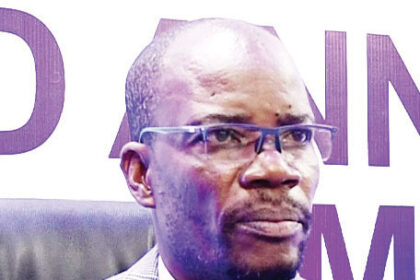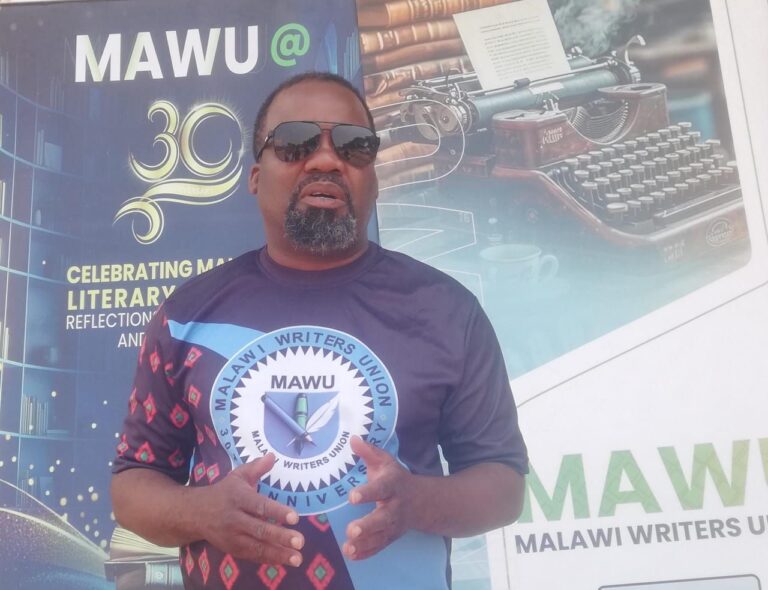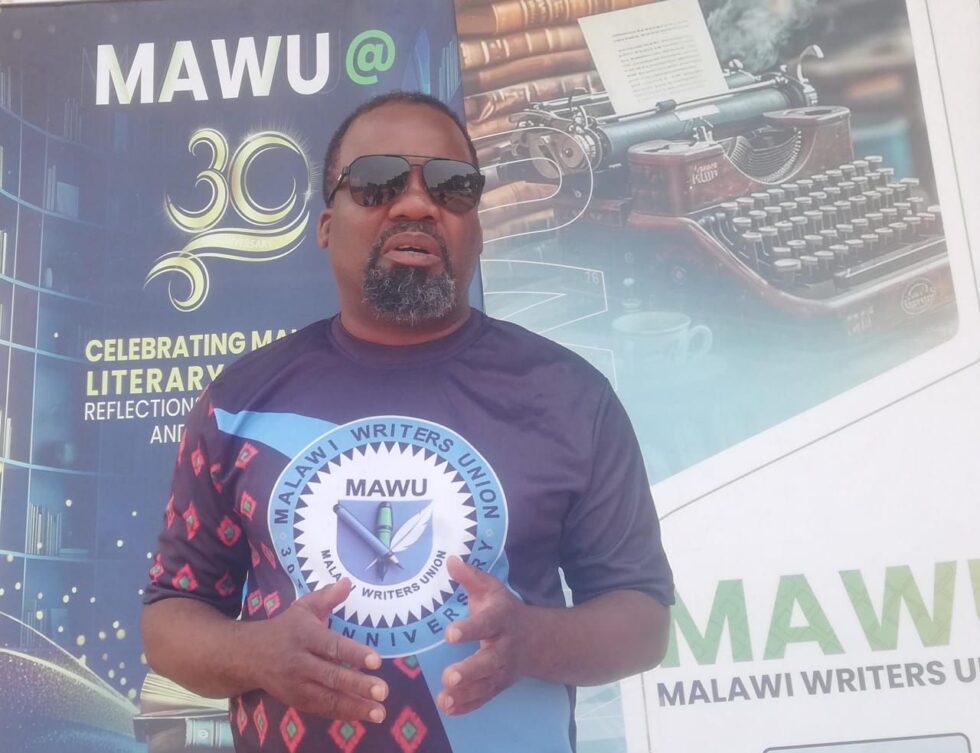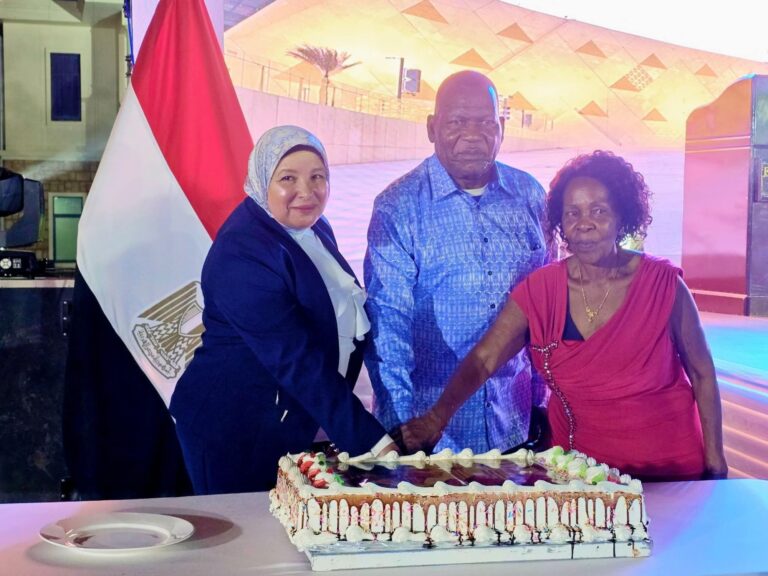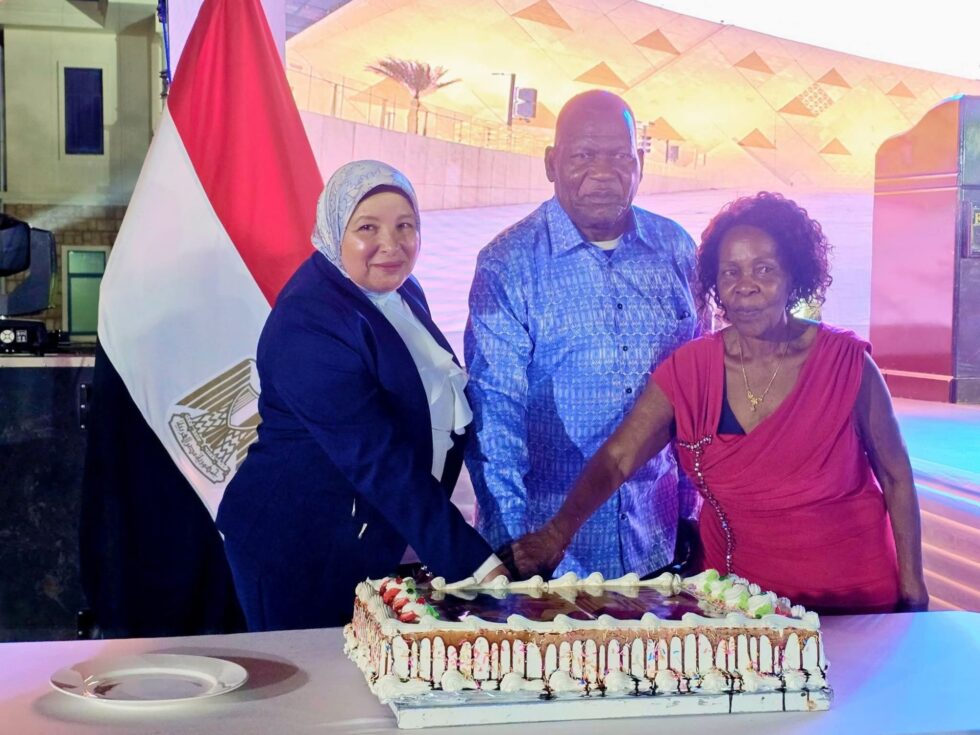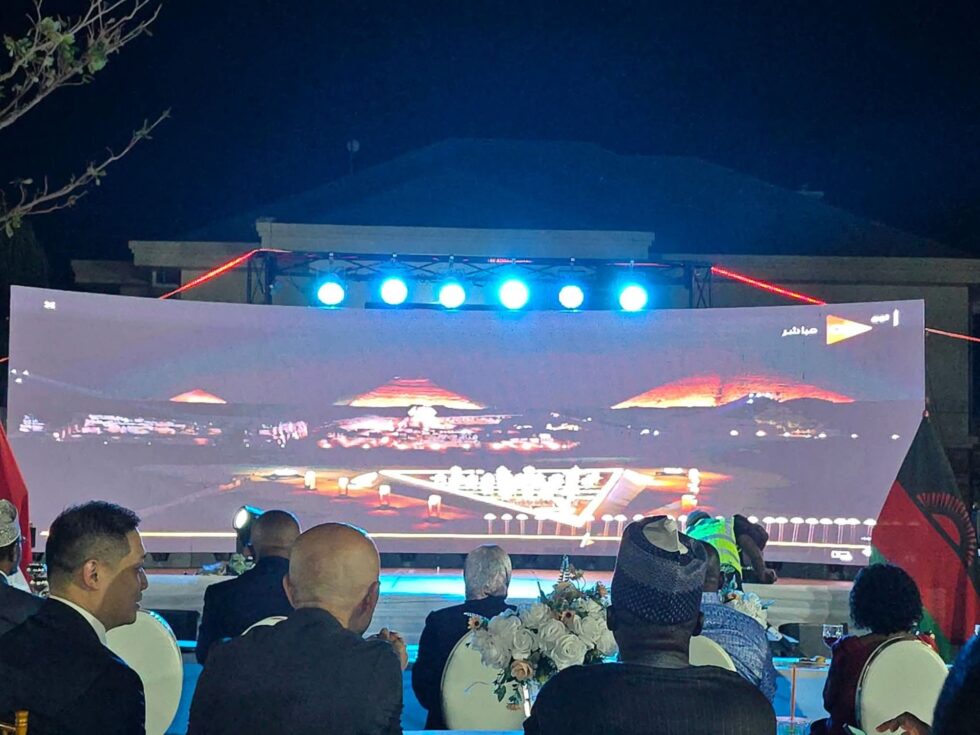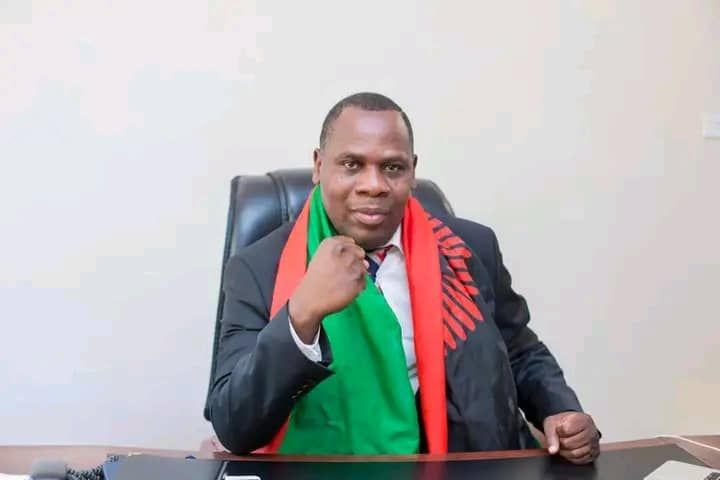By Chisomo Phiri
The Minority Shareholders Association of Listed Companies (MISALICO) has urged both the government and private sector players to increase the number of companies listed on the Malawi Stock Exchange (MSE), saying the current figure of only 16 listed firms is unhealthy for a country of over 22 million people.
Speaking during a press briefing in Blantyre on Thursday, MISALICO Secretary General(GS) Reverend Frank Harawa said it is concerning that, despite the MSE being established in 1994, there has been little progress in expanding listings.
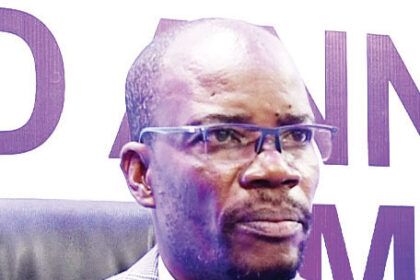
“The MSE was established by the government and is regulated by the Reserve Bank of Malawi(RBM ).Its main objectives were to enable companies to raise capital and to allow Malawians and other investors to participate in the country’s wealth creation.However, having only 16 companies listed after more than 30 years is worrying and shows that more must be done,” he said.
Harawa noted that the growing public interest in buying shares fueled by awareness campaigns from the RBM, MISALICO, and the Capital Markets Association (CMA) has led to increased demand for shares and a surge in share prices.
“For the first time, many Malawians are openly testifying that they have made money from the stock market. This is good progress, but the limited number of listed companies means demand far exceeds supply, pushing prices up,” he said.
Harawa proposed several measures to address the situation, including encouraging listed companies to issue rights issues and bonus issues to increase the volume of shares available to investors.
“For example, companies such as NITL and Sunbird could consider increasing their shares in issue so that more Malawians can participate. National Bank and Press Corporation can also do the same,” he suggested.
Harawa also pointed out that several telecommunications companies regulated by the Malawi Communications Regulatory Authority (MACRA) have yet to list on the MSE, despite the Communications Act requiring them to offer at least 20 percent of their shareholding to indigenous Malawians.
“Only TNM and Airtel have complied so far.Other telecom firms must follow the law and list. Even tower companies should come on board,” he said.
The MISALICO GS further urged the government to partially list some of its over 70 parastatal companies to promote transparency and reduce corruption.
“Currently, only Sunbird Tourism is listed, with government retaining 71 percent ownership. If more state-owned enterprises such as ESCOM and MBS were listed, it would enhance transparency and accountability, as these companies would be required to publish audited financial statements and answer to shareholders.
“This is not about privatizing everything, but about empowering Malawians to own a part of their economy,” he said.
Harawa also called for large-scale mining companies to be listed on the MSE to ensure that Malawians benefit directly from the country’s natural resources.
“It is unhealthy for foreign companies to extract our resources while the government only holds 15 percent shares. We propose that at least 20 percent of these companies’ shares be listed on MSE so that ordinary Malawians from businesspeople to civil servants, farmers, and taxi drivers can buy shares and become part owners,” he emphasized.
Harawa added that listing mining firms would improve transparency in the management of mineral resources, as it would make it easier to track the quantity and value of minerals extracted.
“Our neighbors in Africa have already listed most of their mining companies. It’s time Malawi did the same,” Harawa concluded.
MISALICO is a company that advocates for the rights and interests of minority shareholders in the country , promoting fair participation, transparency, and accountability in the country’s capital markets.


